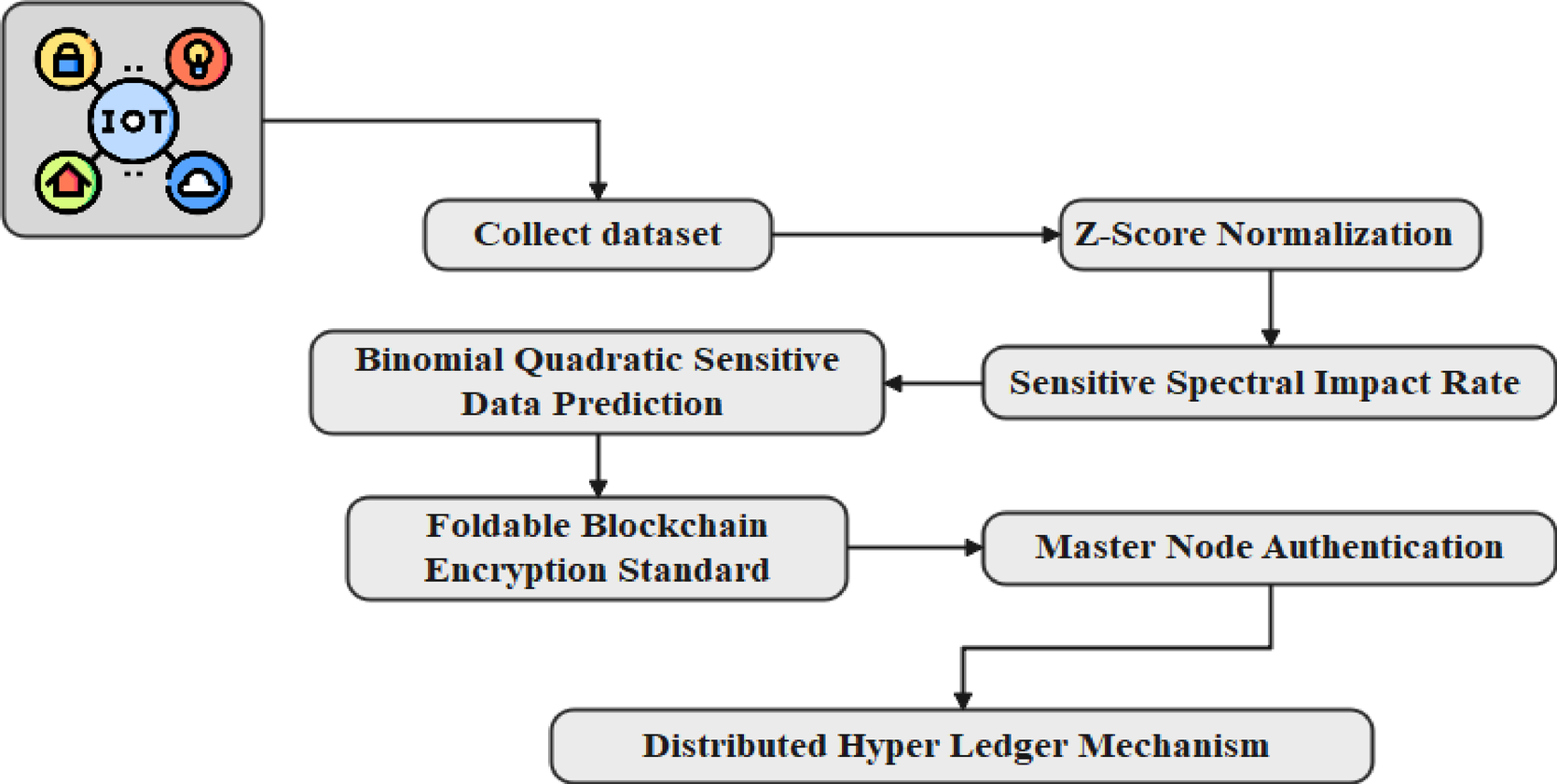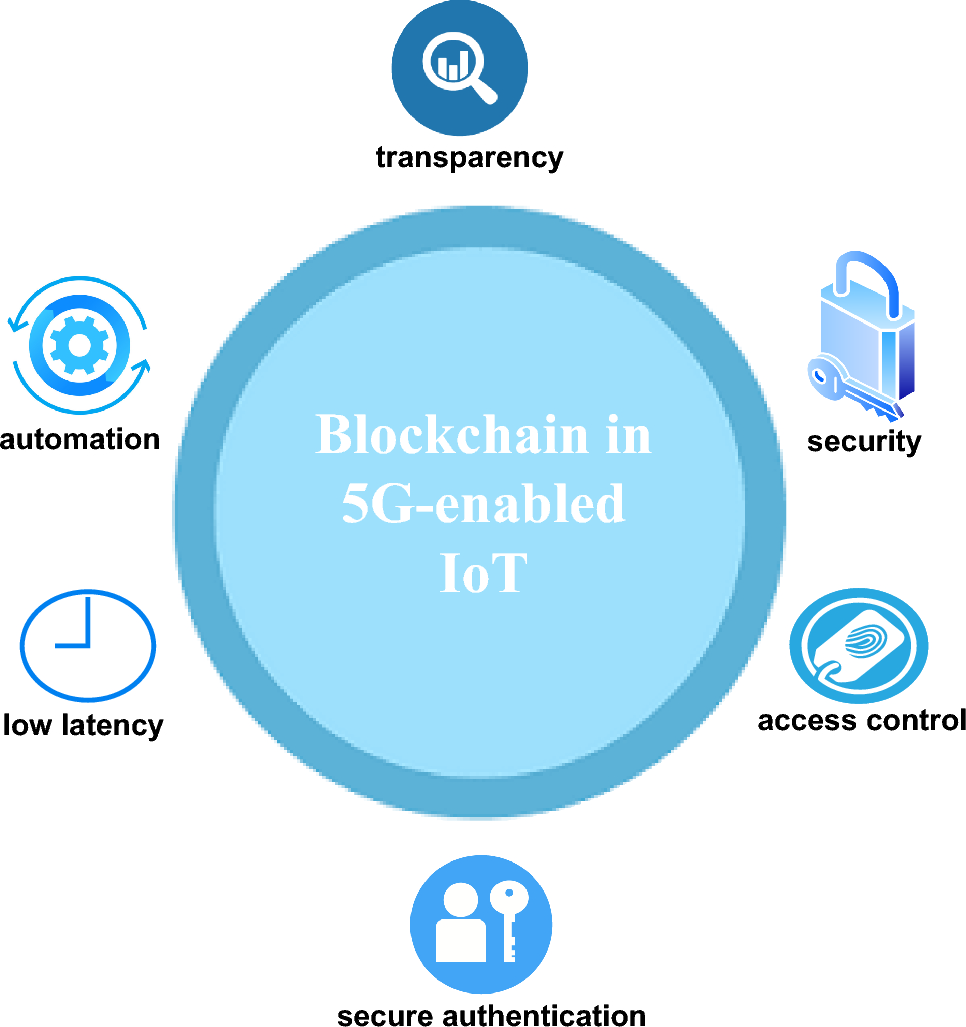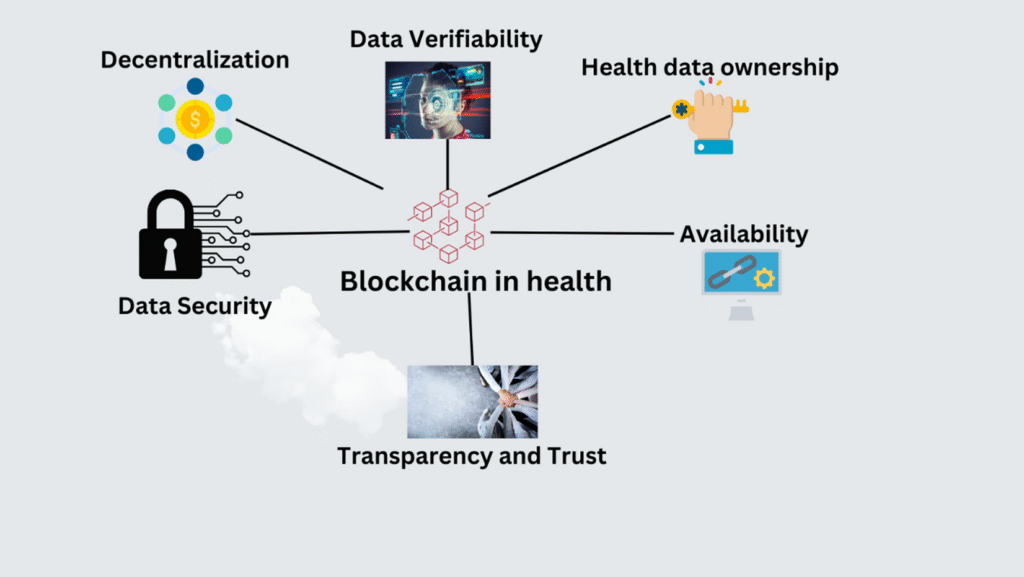Smart homes are becoming more common every day. People use smart devices like lights, cameras, and locks. These devices make life easier and more comfortable. But they also collect a lot of data. This data can be personal and sensitive.
So, how do we keep this data safe? One way is using blockchain technology. But what is blockchain? And how can it help secure smart home data? This article will explain it in simple words.
What Are Smart Home Devices?
Smart home devices are tools that connect to the internet. They can be controlled by phones or voice commands. Some common smart devices are:
- Smart lights
- Security cameras
- Smart locks
- Thermostats
- Voice assistants
These devices collect data to work properly. For example, a smart lock records who enters the house. A thermostat learns your preferred temperature. This data helps improve your home’s comfort and safety.
Why Is Smart Home Data Important?
Smart home data is very personal. It shows your habits and routines. It can include when you leave or arrive home. If this data is stolen, it can be dangerous. Hackers could use it to break into your home.
Also, this data can be sold to companies without your permission. This is a privacy problem. That is why securing smart home data is very important.
What Is Blockchain?
Blockchain is a special kind of database. It stores data in many places at the same time. This makes it very hard to change or hack. Think of blockchain as a digital ledger or record book.
Each block in the chain holds some data. Once added, the block cannot be changed. New blocks link to older blocks. This creates a chain that is secure and trustworthy.
How Blockchain Works for Security
Blockchain helps with security in many ways:
- Decentralization: Data is not stored in one place.
- Transparency: Everyone can see the data, but cannot change it.
- Immutability: Once data is recorded, it cannot be changed.
- Encryption: Data is coded so only authorized users can read it.
Why Use Blockchain for Smart Home Data?
Smart home devices often connect to a central server. This server stores all the data. If the server is hacked, data can be lost or stolen.
Blockchain offers a better way. It stores data in many places at once. If one place is attacked, data remains safe elsewhere. This makes smart home data much more secure.
Benefits Of Blockchain For Smart Homes
| Benefit | Explanation |
|---|---|
| Data Integrity | Data cannot be changed after recording. |
| Privacy | Only authorized users can access data. |
| Reduced Hacking Risk | No single point of failure for hackers. |
| Trust | Users can trust the data is real and safe. |
| Transparency | All actions are recorded and visible to users. |
Examples of Blockchain Use in Smart Homes
Some companies are already using blockchain to protect smart homes. Here are simple examples:
- Device Identity: Each smart device gets a unique ID on blockchain.
- Secure Sharing: Data is shared only with trusted parties.
- Access Control: Blockchain controls who can use smart devices.
- Audit Trail: All device activity is recorded and cannot be changed.
Challenges of Using Blockchain in Smart Homes
Blockchain is helpful but not perfect. It has some problems:
- Complexity: Blockchain technology can be hard to understand.
- Speed: Blockchain can be slower than normal servers.
- Cost: Running blockchain networks can be expensive.
- Energy Use: Some blockchains need a lot of power.
These challenges must be solved for wider smart home use.
How Blockchain Protects Your Smart Home Data
Let’s look at how blockchain keeps your data safe step by step:
- Data Creation: When a device creates data, it is encrypted.
- Block Formation: Data is stored in a block with other data.
- Verification: The network checks if data is valid.
- Adding to Chain: Verified block is added to the blockchain.
- Data Access: Only users with keys can read the data.
This process makes hacking very difficult.
Future of Blockchain in Smart Homes
Blockchain will likely play a bigger role in smart homes. As more devices connect, data security grows in importance.
New blockchain solutions will be faster and cheaper. They will use less energy. This will make blockchain easier to use in homes.
Smart homes will become more private and secure. Users will control their data better. Blockchain will help build trust between devices and users.

Credit: www.nature.com

Credit: link.springer.com
Summary
Smart home devices collect important personal data. Protecting this data is very important. Blockchain is a special technology that helps secure data well.
It stores data in many places. It makes data hard to change or hack. Blockchain helps keep smart home devices and data safe. It also gives users control over their data.
Though blockchain has some challenges, its benefits are strong. In the future, blockchain will help smart homes stay safe and private.
Using blockchain in smart homes is a smart step. It helps protect your home and privacy. It makes your smart home more secure every day.
Frequently Asked Questions
How Does Blockchain Protect Smart Home Device Data?
Blockchain stores data in secure, linked blocks, preventing tampering and unauthorized changes.
Can Blockchain Stop Hacking Of Smart Home Devices?
Yes, blockchain’s decentralized system makes it hard for hackers to access device data.
Why Use Blockchain Over Traditional Security Methods?
Blockchain offers transparency and strong encryption without relying on a single authority.
Does Blockchain Improve User Privacy In Smart Homes?
It keeps personal data encrypted and only accessible by authorized users.

